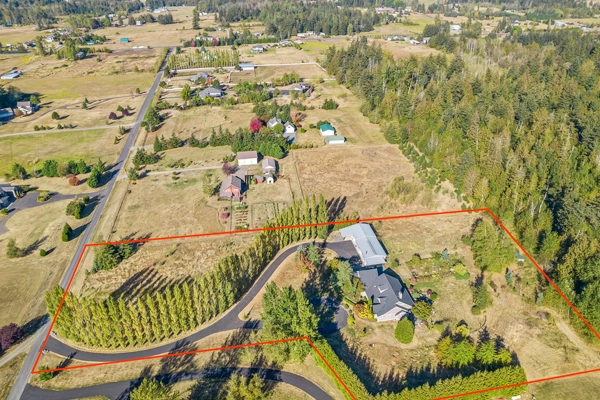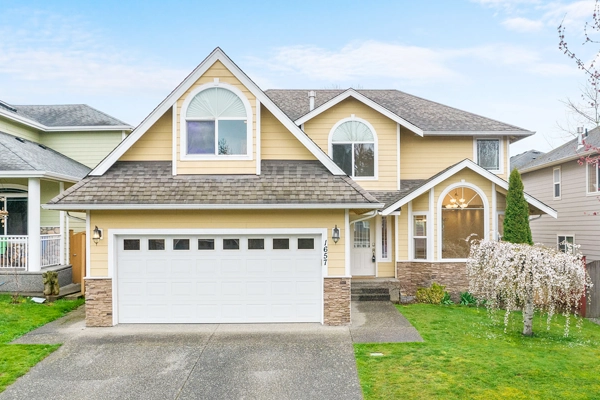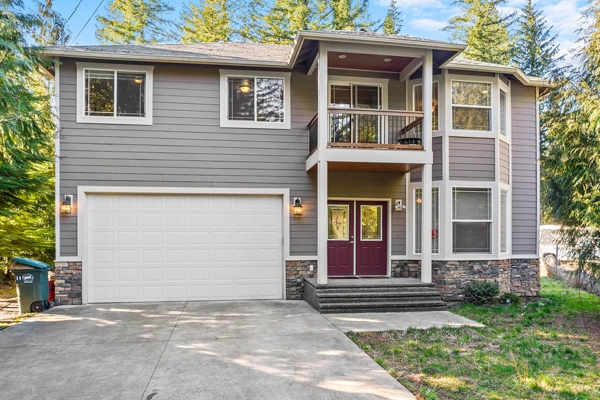What Do Home Sellers Need To Reveal in Disclosures?
Honesty about material defects like leaks, cracks, or pests builds buyer trust and prevents legal disputes later.
Sell on Your Terms. Get a personalized plan for your sale.. Book a Call
Are you selling your home this year? If so, you’ve probably wondered, “What exactly do I need to disclose to tell buyers?” Seller disclosures are more important than ever in 2025. Transparency isn’t just a courtesy; understanding it is key to avoiding legal headaches and closing deals quickly. Here’s a breakdown of what you need to know about seller disclosures to ensure a smooth and successful home sale:
1. Material defects. In Washington State, sellers must disclose any known problems that could affect a property’s value or safety. This means issues like foundation cracks, roof leaks, or pest infestations.
Even if you’ve fixed these problems, it’s important to let buyers know about them. They need to understand the property’s history to make informed decisions. Being transparent builds trust and helps avoid disputes later. If buyers find hidden issues after the sale, it could lead to legal troubles.
Let me give you an example: last summer, I helped some friends sell their houses. They had some problems in the attic, foundation, and crawlspace, but they had already fixed everything with licensed contractors, and some repairs even came with warranties that transferred to the new owner.
We decided to be completely open to the buyers by disclosing everything, providing copies of invoices, and providing all the necessary details about the home’s condition. The buyers ended up thanking us for our honesty during inspections. Even though negotiations got tough, the whole process was much smoother because we were upfront.
2. Repairs and property condition. This includes major structural issues and any electrical or plumbing repairs that are needed or have been done. If there have been past flooding or roof leaks, those need to be disclosed, too. As I mentioned with my previous client, they kept records of their repairs and were open with the buyers, which the buyers appreciated. Buyers need to have the full history of the property to make informed decisions. Being honest builds trust and helps prevent problems later on.
3. Environmental and neighborhood factors. Disclosures aren’t just about the property itself; they include the surrounding environment, too. Sellers must inform buyers about environmental hazards, like flood zones, nearby industrial activities, or contaminated soil. It’s also important to mention local concerns, such as ongoing construction projects, noisy highways, or even disputes in the neighborhood.
For instance, I had a client selling a cabin next to a highway. They received a notice from the Department of Transportation that the previous owners hadn’t disclosed this information, so we made sure to include it in the seller disclosure forms.
The golden rule of seller disclosures is simple: when in doubt, disclose. Failing to do so could result in costly legal issues that are both time-consuming and stressful. If you want to sell this spring but are unsure about what needs to be disclosed or have other questions about selling your home, feel free to reach out at (360) 770-3245 or send a message to nickberard@kw.com to make your selling process smooth and stress-free.
-
Sell on Your Terms. Get a personalized plan for your sale.. Book a Call
-
Free Home Price Estimate. Determine the value of your property and the preparation needed to maximize its value. Get Estimate
-
Local Market Insights. Get informed with what’s going on in Bellingham Washington Area real estate. Sign Up
-
Free Newsletter. Get our latest Q&A, insights, and market updates to make smarter decisions. Subscribe Now










